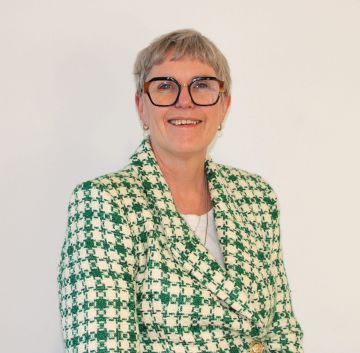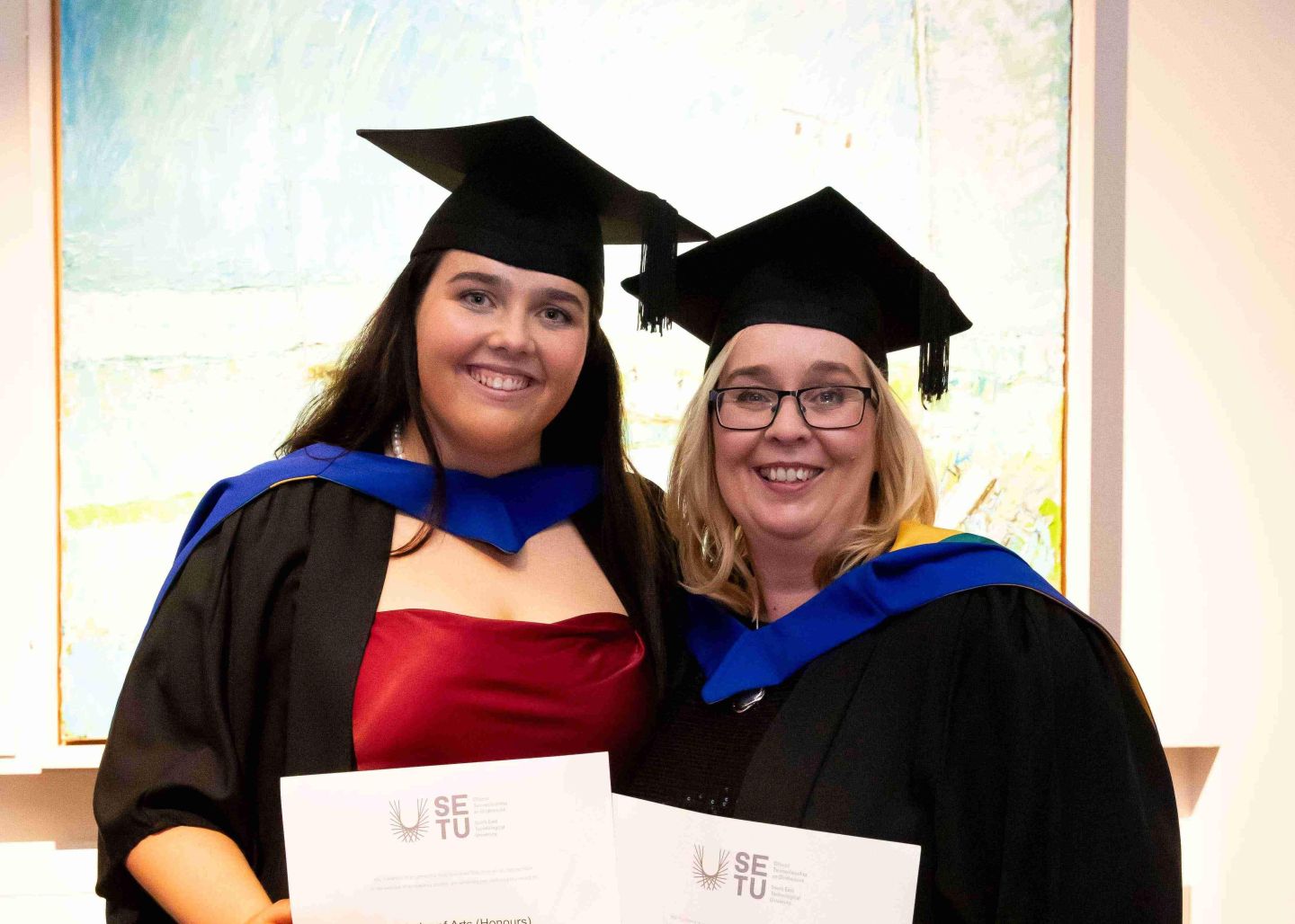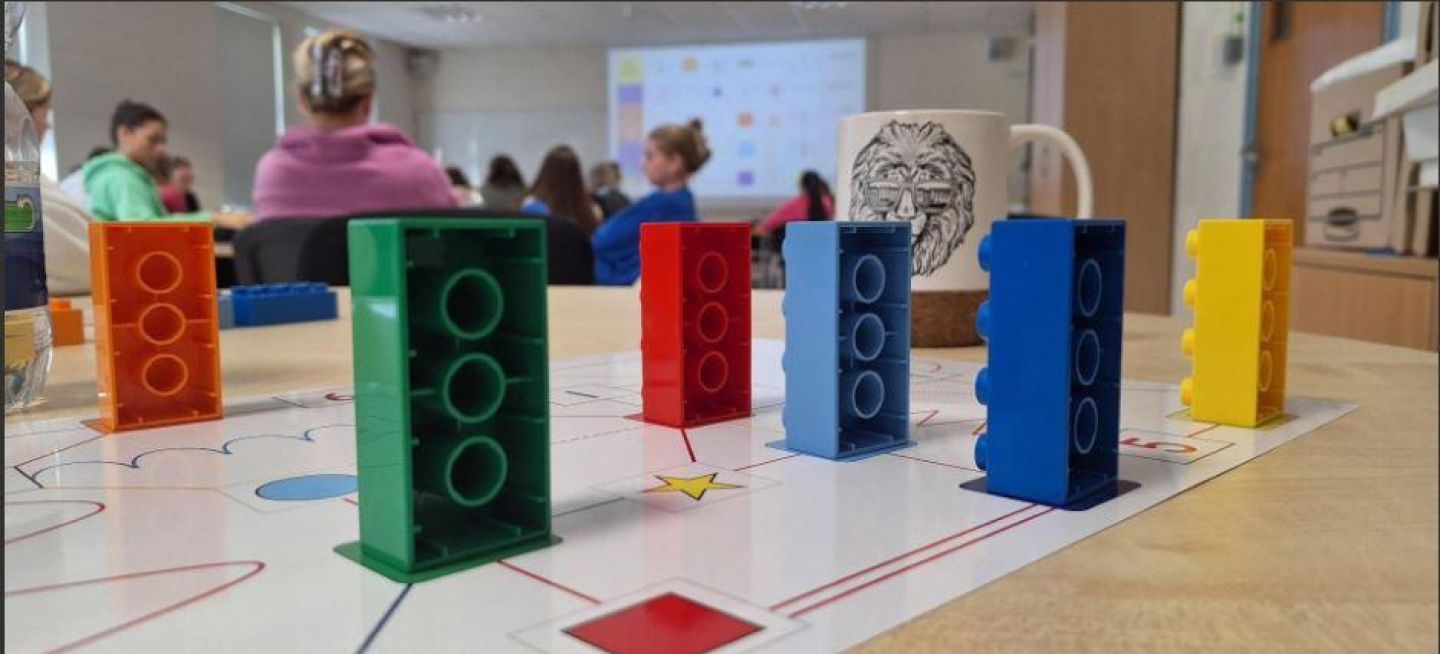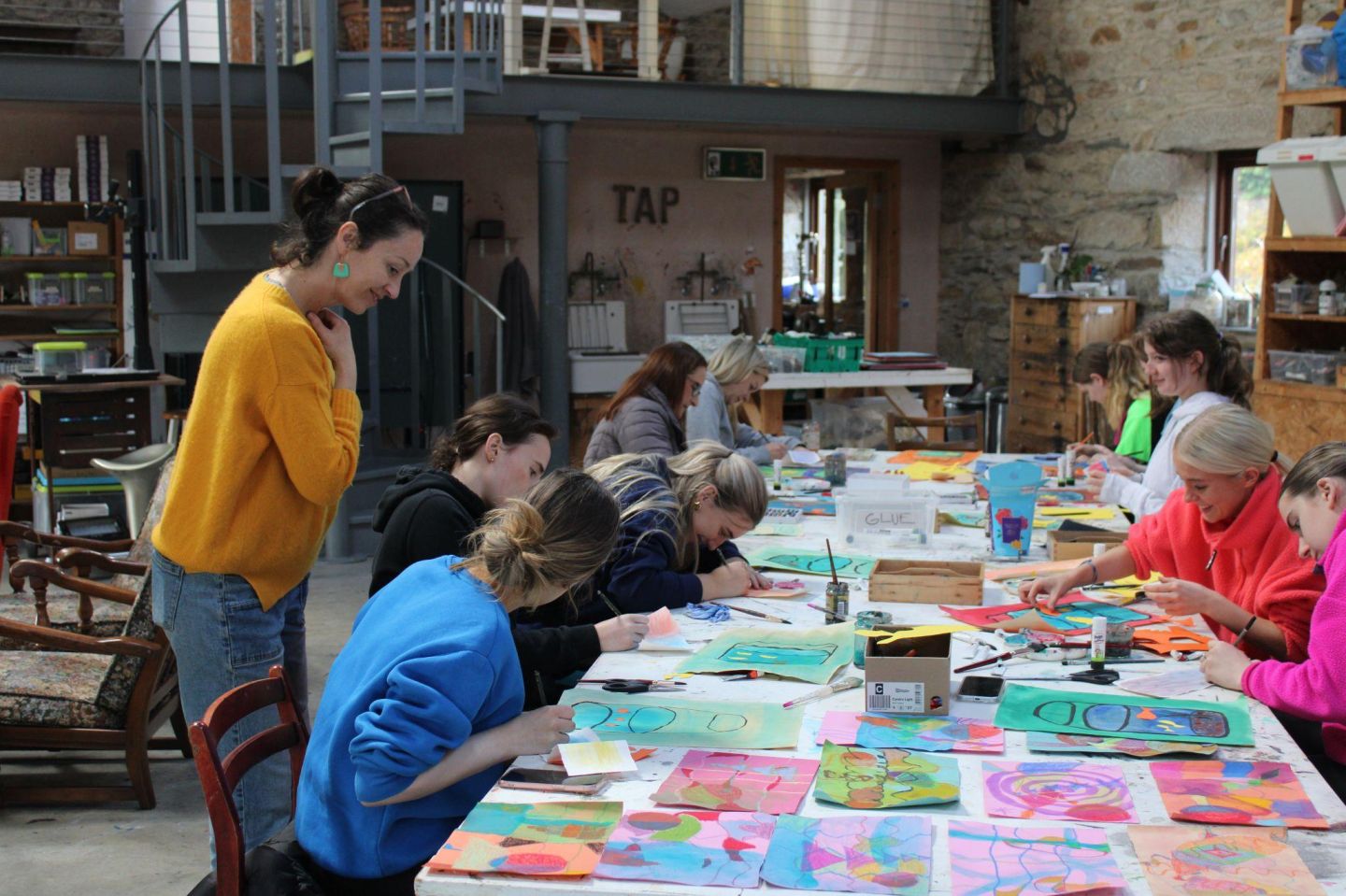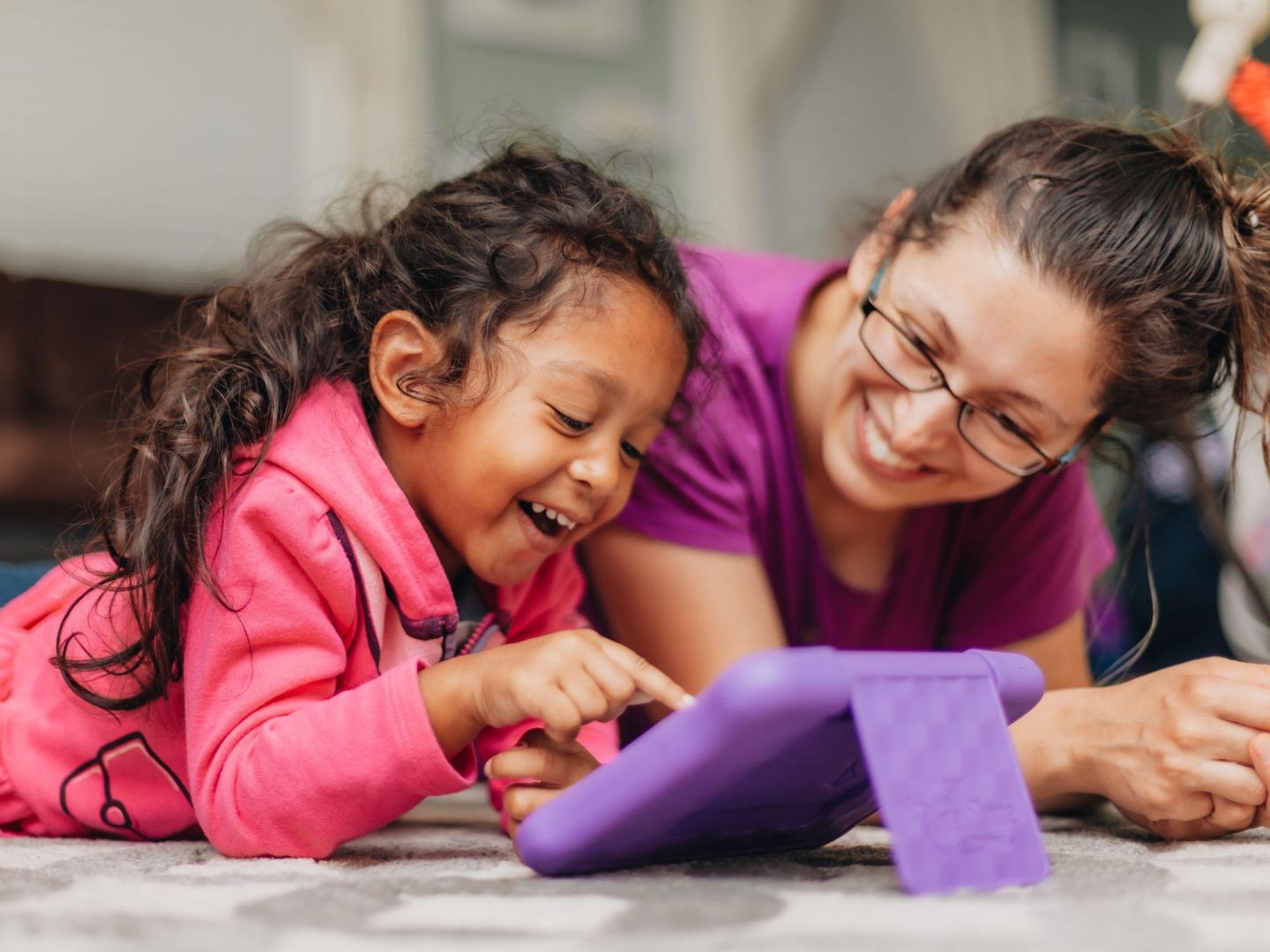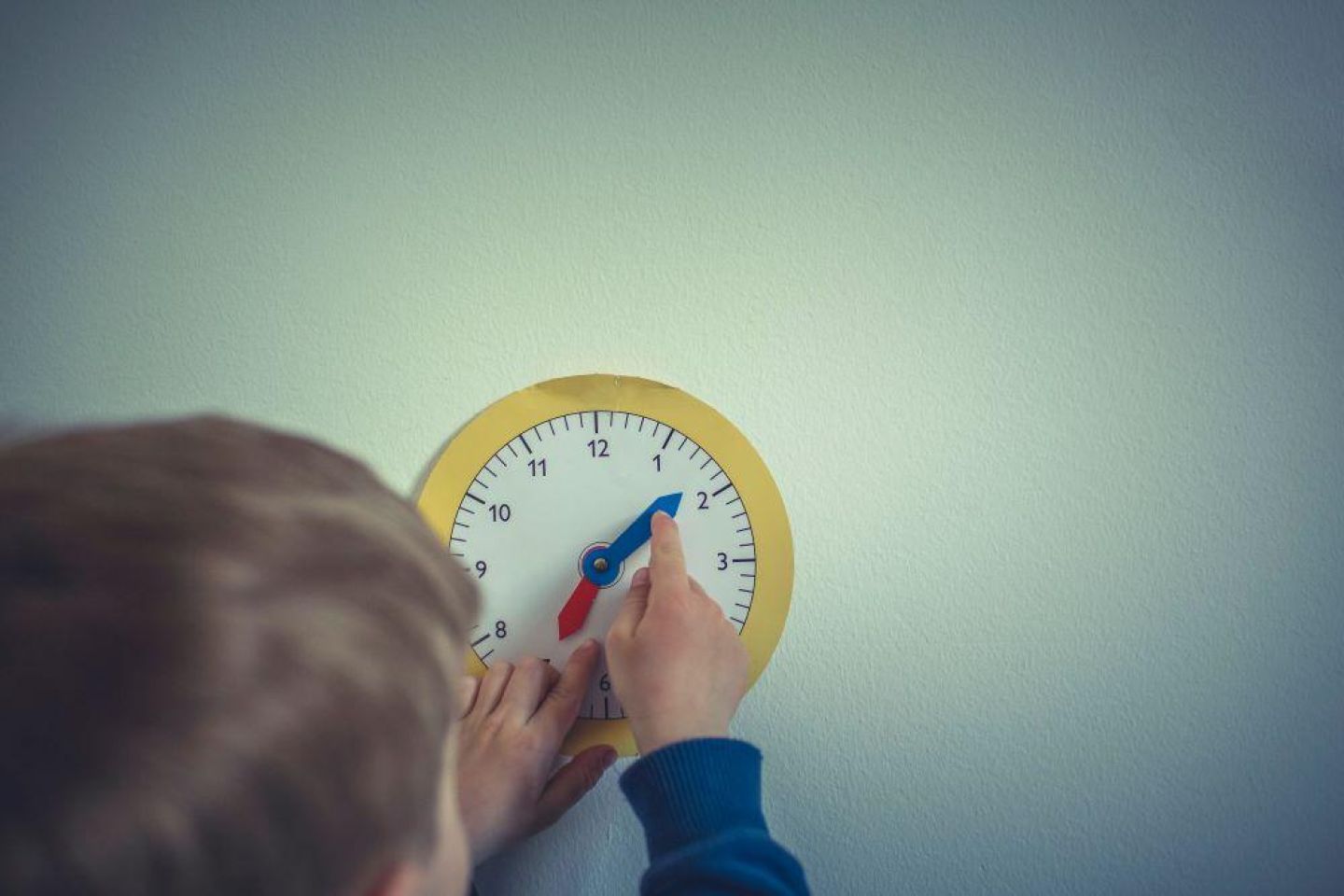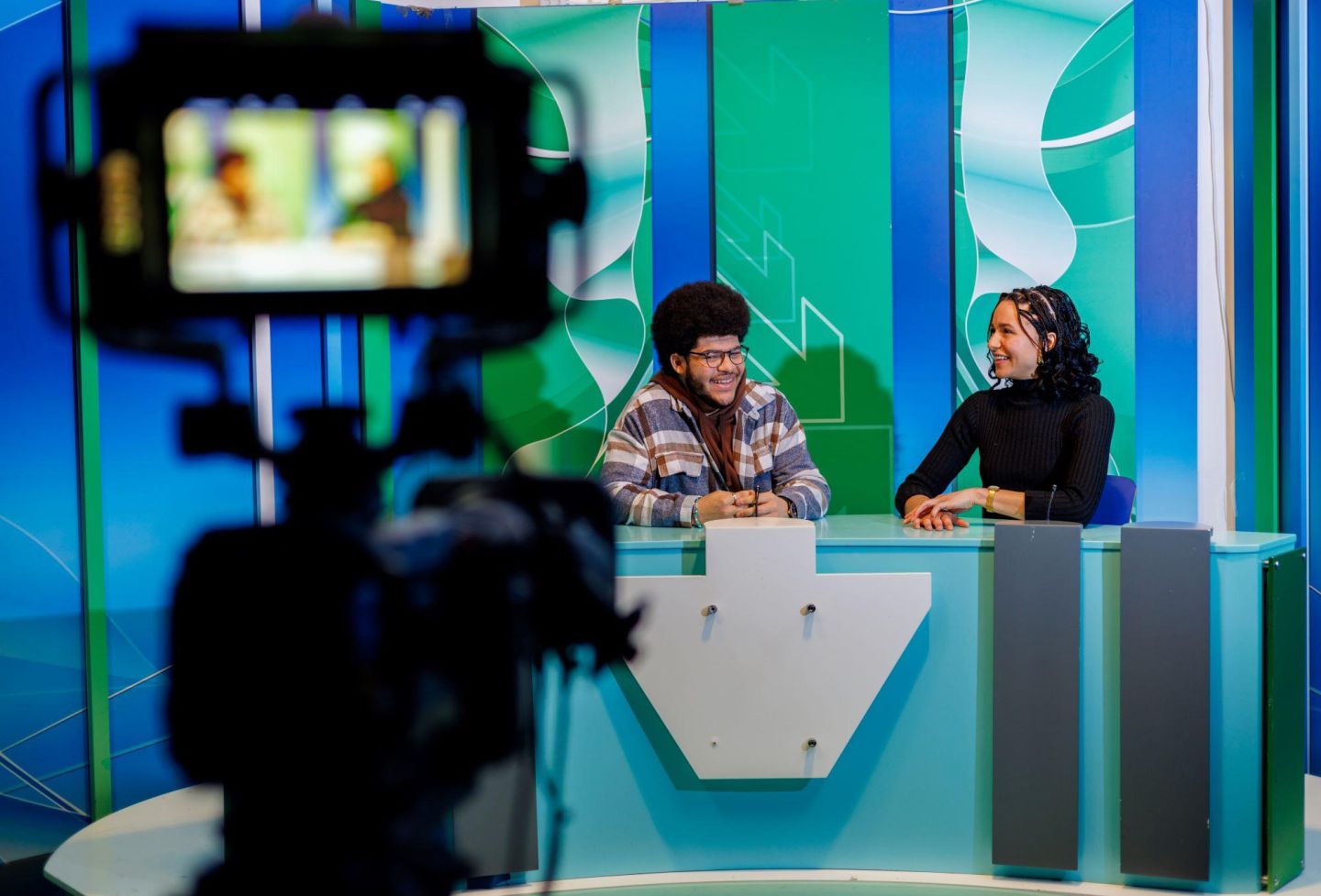Early Childhood Education and Practice
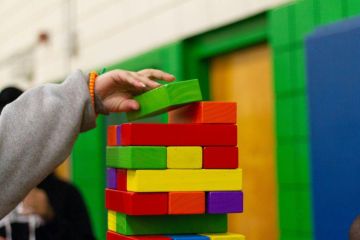
What is the Course about?
Early childhood education or early learning and care, is a very rewarding profession that supports the development of young children from infancy and throughout the childhood years. Direct practice involves working with children by tailoring learning experiences to children's individual needs. Supporting parents in their parenting role is also an essential part of the job. Indirect practice involves managing services, educating students, professional representation, governance and national policy development. Such wide ranging career opportunities ensures early childhood education is a rewarding and diverse profession.
Course Structure
This course is a four-year programme, which equips graduates with the theoretical, policy, legal and practical knowledge required to work in early years services. Learning is through experiential and self-directed learning activities, as well as through group work and presentations. The final year research project is supervised by an experienced research team. Placement opportunities in each year of study supports learners to become competent early childhood educators.
Is this course for you?
If you are interested in supporting children to become curious and confident people, or interested in supporting parents raising their children, then Early Childhood Education and Care could be the course for you.
Special Features:
- The Department of Education and Skills has determined that our degree programme meets the requirements of their Professional Award Criteria and Guidelines for Initial Professional Education Degree Programmes for the Early Learning and Care (ELC) Sector in Ireland.
- Placement in a variety of early years services.
- Modules related to play-based learning, arts and STEM, regulation and inspection, working with families, and leading quality services.
- Emphasis on the emergent curriculum and creative and play-based learning for children.
- Flipped classroom learning experiences.
- Research-rich teaching environment.
- Exit Awards: Level 6 Minor Award, Certificate in Education in Introduction to Early Childhood Studies after Year 1,Level 6 Major Award, Certificate in Education in Early Childhood Education and Practice after Year 2 and Level 7 Major Award, B. (Ed). in Education in Early Childhood Education and Practice after Year 3.
Year 1
| Semester 1 | Semester 2 |
|---|---|
| Academic Writing and Enquiry in Higher Education (M) | Play-based Pedagogy (M) |
| Creative Arts Practice in Early Childhood (M) | Child Development (M) |
| Early Childhood Education and Practice (M) | Children's Health, Care and Wellbeing (M) |
| Introduction to Psychology (M) | Supervised Professional Practice 1 (M) |
| Introduction to Sociology (M) | Introduction to Children's Social Policy (M) |
M is a mandatory subject - E is an elective subject
Year 2
| Semester 3 | Semester 4 |
|---|---|
| Supervised Professional Practice 2 (M) | Creative Arts Practice for School-Aged Children (M) |
| Diversity and Inclusion (M) | |
| Language and Multilingualism in Early Childhood Practice (M) | |
| School-Aged Childcare Practice (M) | |
| The Psychology and Sociology of Children and Childhoods (M) |
M is a mandatory subject - E is an elective subject
Year 3
| Semester 5 | Semester 6 |
|---|---|
| Regulation and Inspection in Early Childhood Education (M) | Supervised Professional Practice 3 (M) |
| STEM Curriculum for Early Childhood and Afterschool Education (M) | |
| Educational Needs (M) | |
| Critical Perspectives on Children's Health and Wellbeing (M) | |
| Law for Early Childhood Practice (M) | |
| Advanced Pedagogical Practices (M) |
M is a mandatory subject - E is an elective subject
Year 4
| Semester 7 | Semester 8 |
|---|---|
| Supporting Families and Communities (M) | Alternatives in Professional Practice (M) |
| Leadership in Early Childhood Education (M) | Research Methods and Project (M) |
| Emerging Issues in Early Childhood Education: Theory and Practice (M) | |
| Supervision and Mentorship (M) |
M is a mandatory subject - E is an elective subject
What are the minimum entry requirements?
- 2 subjects: H5
- 4 subjects: O6/H7
- English or Irish: O6/H7
- Garda vetting required
What follow-on study opportunities are available?
Graduates will be eligible to progress to postgraduate study at either masters or doctoral level.
For example, graduates can progress to the Masters in Leadership in Early Years Education at SETU Carlow.
What exemptions will I receive?
-Notes
-What will I be able to do when I finish the course?
- Direct practice work in early learning and care or school aged child care services
- Room leader or management positions in early years services
- Positions in county childcare committees, representative organisations, and early years governance bodies.
Stories
Course Leader
